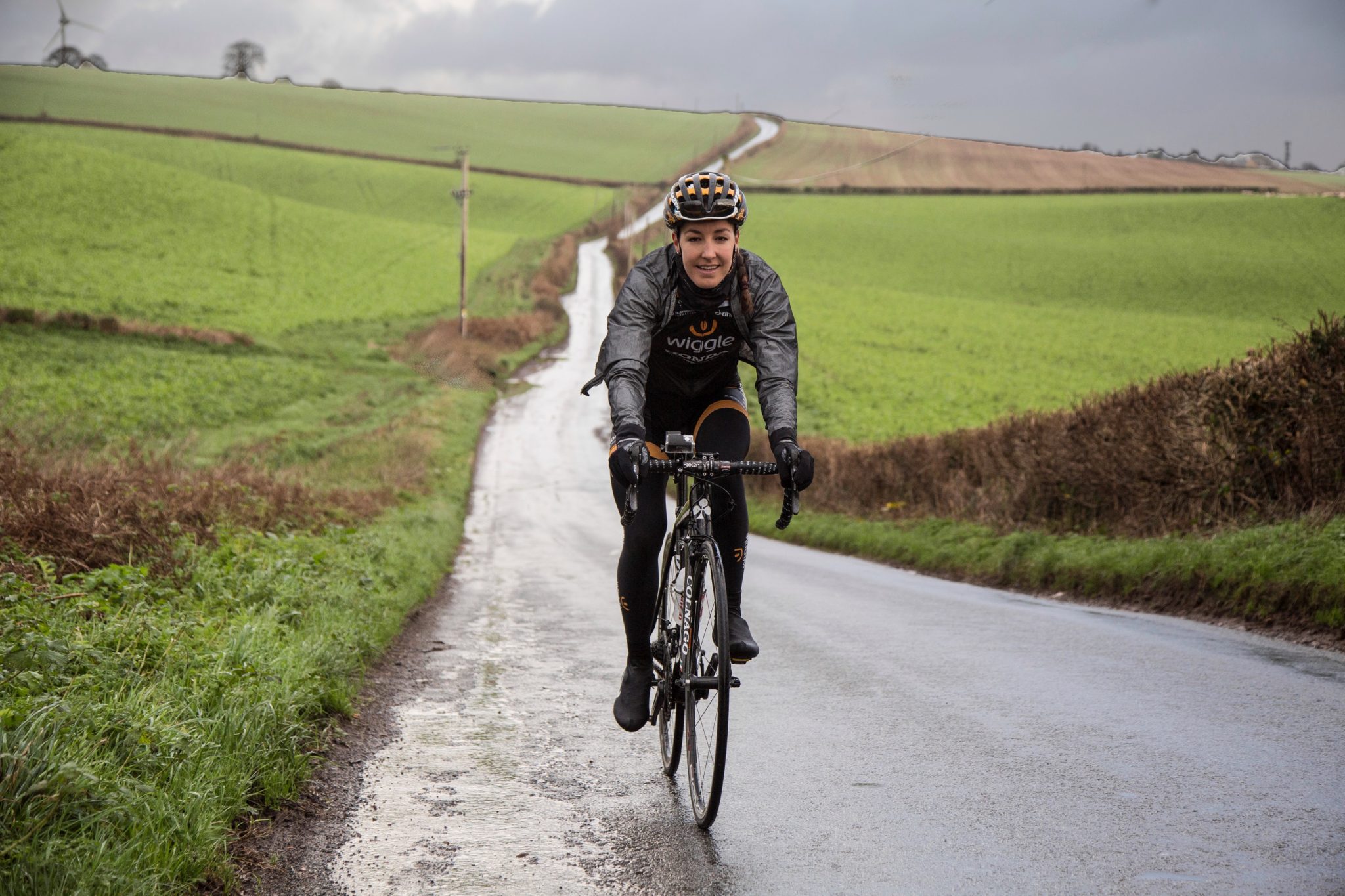Winter Training

Winter training can be a bit of a minefield. Come the spring, how is it that the rider you were on a par with last October, is now on another level? What has he / she done over the winter to develop so much – or what have you not done?
First off – there is no definitive guide to winter training for cycling that will turn you in to a world beater come the spring. Each and every one of us are different, and our training needs are equally different – this is the value of a coach, that they can provide you with the exact training you need, to work towards your own personal goals, based on your unique attributes.
Here are a few guiding principles to help you navigate through the winter months;
-
Have a plan
-
The winter starts with strength
-
Get organised
-
Don’t be a hero
1. Have a plan
Without a training plan, it means each day you go out on your bike you are likely riding without purpose. With a few simple tweaks and a bit of structure, you can have confidence that the work you are putting in is going to generate a return for you! You wouldn’t invest your life savings under your mattress, would you? So why would you invest your time and effort, without the best possible chance of success?
2. The winter starts with strength
You can’t become fast without being powerful, and you can’t be powerful unless you are inherently strong. So, the winter is the perfect time to build your strength and endurance.
3. Get organised
Make sure your bike and cycling kit is in good working order, and that you have the appropriate clothing and equipment. I.e. If you are going to be commuting to work, get some good lights and invest in some warm gloves.
Waking up to find your battery has run out on your Garmin, Di2, Lights etc. is going to cause frustration and no doubt reduce your quality of training. Get in to some good routines.
4. Don’t be a hero
You have to be realistic with both your physical condition and the weather. It is likely that your condition is not as good during the winter months as it was during the summer, so you will not be able to train as hard and perform as well. Don’t be surprised that your power outputs are lower and your Strava segment times slower. It’s all part of periodisation – building up to your goal in a sustainable manner, which takes time and careful preparation.
Look at the weather too – don’t force yourself out in the snow for example. If it doesn’t look safe, or you just don’t fancy getting soaking wet again – don’t. Get on the turbo instead. Your coach can substitute any road ride for an equally physically demanding turbo session, which will deliver the same, if not greater physical benefit.
We are only human after all, so don’t try and be the hero…its not big, clever or cool. Be smart.
Article written by Rowe & King Coach, Ryan Bevis.




@LukeRowe1990
@Dani_Rowe_MBE
@RoweandKing